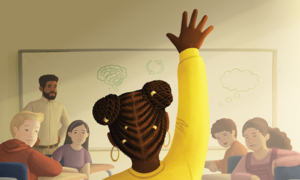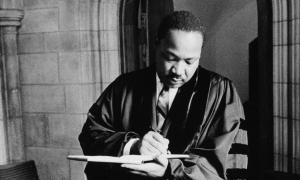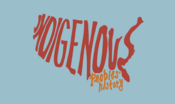article
Helping Hunter Spanjer Keep His Name
Grand Island Public School District (GIPS) in Nebraska wanted 3-year-old Hunter Spanjer to change his name because they said it violated the school's weapons policy. I am outraged. But more than that, I realize that students like Hunter need advocates.



